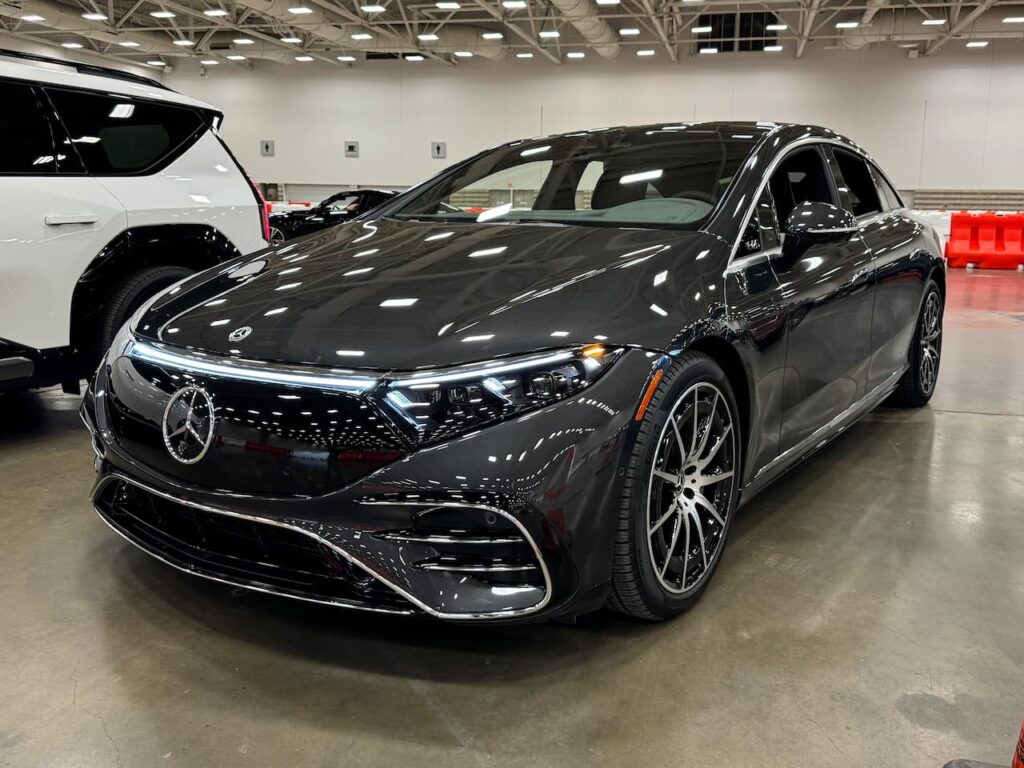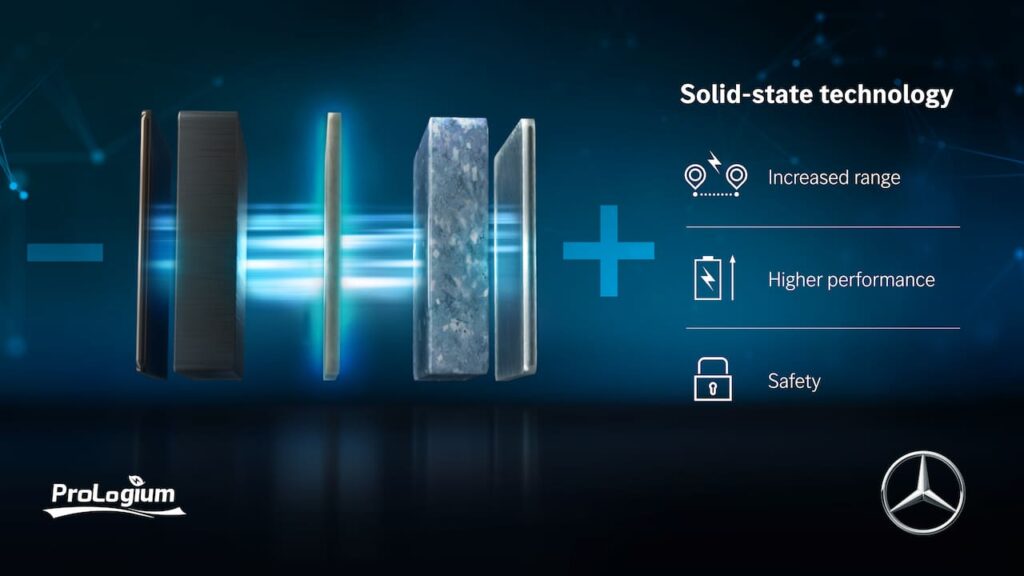It’s been anticipated for some time that Mercedes would eventually choose between its two flagship sedans, the S-Class and the EQS, when shifting to the next generation. However, a recent report suggests that both models will continue, but under a single name: the Mercedes S-Class.
As part of this move, the EQS will be rebranded as the Mercedes S-Class Electric, consolidating both models into one iconic name. Here’s the latest on the future of Germany’s ultimate electric sedan:
Next-gen S-Class planned in ICE & EV guises
It’s been 52 years since Mercedes-Benz introduced its S-Class luxury sedan. With sales of 500,000 units in just its sixth generation, there would be around 3 million S-Classes on roads worldwide. The ‘Sonderklasse’ has stood the test of time, but it finds itself at a crossroads with many markets switching over to EVs.

When Mercedes-Benz released the seventh-gen S-Class in 2020, it said that this nameplate enjoyed a high loyalty rate. Around 80% of customers in Western Europe and 70% of customers in the U.S. who previously drove an S-Class once again got themselves a Merc. This model series is particularly popular in China, U.S., South Korea, and Germany.
Similar designs
According to a report Autocar published on August 30, 2024, Mercedes-Benz Group Chairman Ola Källenius said that the company will offer the Mercedes S-Class as both an ICE vehicle and an electric vehicle in the future. Both variants will carry similar designs, he added.

This move shows Mercedes’ plan to keep the design of its flagship models consistent, making sure both the combustion and electric versions look similar. It points to a simpler design strategy, with both powertrains visually unified under the S-Class name. Rebranding the electric model as an S-Class can only make it more appealing, as it ties in with the reputation of this iconic nameplate.
MB.EA-L platform
In July 2021, Mercedes-Benz announced that full-size EVs will be based on its upcoming MB.EA platform from 2025. Later we learned there would be two versions: MB.EA-M (Medium) and MB.EA-L (Large) and the latter looked suitable for the company’s next-gen full-size electric saloon.
According to the Autocar report, the Mercedes S-Class EV and ICE Mercedes S-Class will be based on different platforms. The gasoline model will continue on an updated MRA platform, while the electric version will use the new MB.EA-L platform. Källenius confirmed the company is “already planning with MB.EA Large.”
All-solid-state battery (ASSB) cells
Though Källenius didn’t reveal specifics about the future project, it’s highly likely the new S-Class EV will feature all-solid-state batteries. The expected release date of the first-ever Mercedes S-Class Electric indicates that customers could have an option for at least one battery that consists of all-solid-state battery (ASSB) cells. Mercedes-Benz is developing ASSB technology in cooperation with Taiwan-based ProLogium and plans to deploy it in select models in the second half of the decade.

Mercedes-Benz says that solid-state cells can deliver almost double the range of present-day NCM 811 lithium-ion battery cells. With the EQS V297’s lithium-ion battery cells allowing a WLTP/EPA range of 510 miles/370 miles (to be improved for MY2025), the first-ever Mercedes S-Class electric or next-gen EQS’ solid-state batteries could better this figure with a smaller power pack.
EDU 3.0
The first-ever Mercedes S-Class Electric will employ the Electric Drive Unit 3.0 (EDU 3.0), as per a report JESMB published on October 31, 2022. The third generation of the company’s electric drive unit should be lighter and more efficient than eATS 2.0, which the company plans to use in the C-Class Electric and the successor to the EQC (GLC Electric).
In fact, Mercedes-Benz plans to introduce eATS 2.0 in the EQS with a second, more comprehensive facelift during the second half of 2025. Unlike the eATS 1, eATS 2.0 will feature an in-house manufactured motor, SiC power electronics, and a two-speed gearbox. Additionally, it will source energy from a new battery pack that operates at double the voltage – 800 volts, enabling ultra-fast charging.
Release Date
According to the Autocar report, the first-ever Mercedes S-Class Electric will arrive in 2030. The Mercedes plant in Sindelfingen (Germany) could apply internally for the construction of the MB.EA-L derivatives and sees itself in a good position to be awarded the contract, as per the JESMB report.
TopElectricSUV says
It doesn’t matter if it is called an S-Class Electric or EQS as long as it is a pure-electric vehicle, showcasing the best of German engineering!
Featured Image: TopElectricSUV’s illustration of an S-Class Electric that introduces the flavor of the EQS to the S-Class sedan!

I got my Master’s in Business Management & Administration and have been an International Automotive News Editor since 2014. I’ve traveled to global motor shows and automotive events, driven various types of vehicles, and focused on hybrid and electric cars in the last 4 years.


